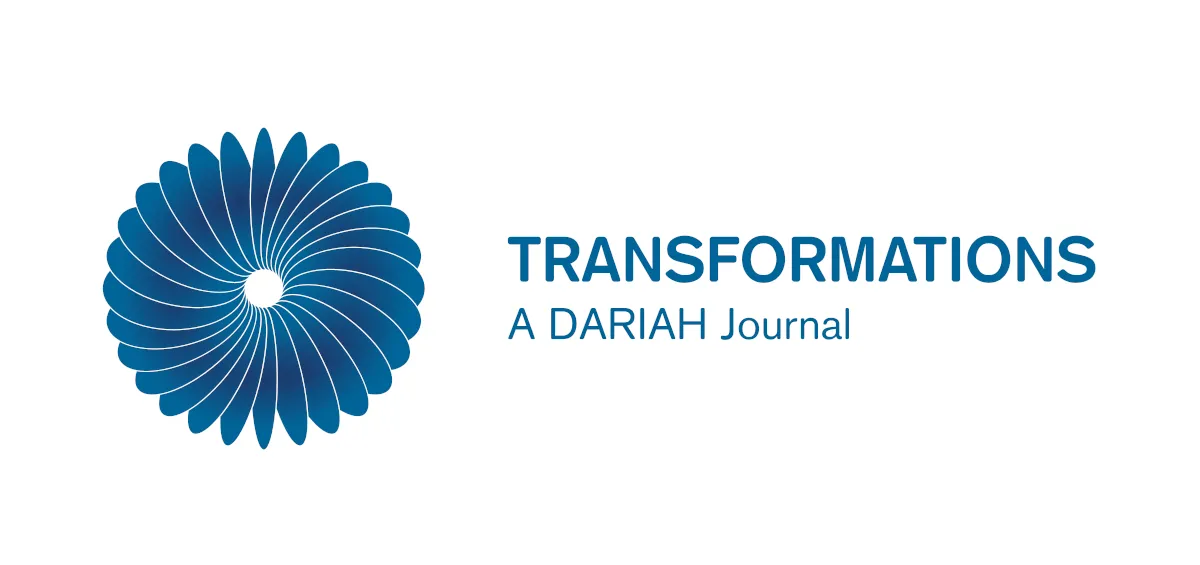
DARIAH launches new Diamond Open Access journal: Transformations
The ATRIUM Project is pleased to support the first call for contributions to the very first issue of Transformations: A DARIAH Journal , hosted by Episciences Diamond publishing platform.
Transformations is an overlay journal with a unique editorial line and publication project, which relies on a Diamond Open Access evaluation and publication platform. Read more on this alternative and transparent publishing model here .
ATRIUM’s will support the journal’s assessment of different research outputs (such as data publications, training materials, software, exhibitions, interactive visualisations) by creating a robust framework for open peer review assessment. Based on the thematic focus of this year’s DARIAH Annual Event — Workflows: Digital Methods for Reproducible Research Practices in the Arts and Humanities — the first issue of Transformations is looking for contributions that explore, assess, and analyse the challenges of designing, implementing, documenting and sharing digitally-enabled workflows in the context of arts and humanities research. The journal welcomes submissions that shed light on these challenges from a technical, methodological, infrastructural and/or conceptual point of view.

Submissions can take the form of classical research articles, project notes, tool descriptions, data papers, or workflow analyses. Conference posters can be submitted as project notes, providing a detailed, coherent and self-standing narrative based on the original poster’s content. The journal invites contributions that address a variety of questions in terms of best practices:
- What is the state of the art in research workflows in the digital arts and humanities?
- What are we doing well, and what should we do better?
- How can we evaluate the appropriateness of a workflow or assess its efficiency?
Facing the challenges of disciplinary complexities, this issue is interested in what makes a workflow innovative and whether there are differences in the way we define and implement workflows in different scholarly domains. What is the role of interdisciplinarity? How can collaborations between experts from different disciplines (arts, humanities, technology etc.) lead to new insights and more comprehensive solutions?
The journal also welcomes discussions on ethical aspects, such as what it means for a workflow to be both ethical, reproducible and sustainable, such as:
- To what extent is the increasing use of artificial intelligence (AI) affecting our research workflows?
- What will be the role of responsible, human-centric AI in the future of research workflows?
Contributions that raise awareness about workflows in general are equally relevant. The journal is looking for input on what kind of documentation is necessary and at what level of granularity; whether there are modelling, standardisation or data management frameworks that make the documentation of workflows easier; and the role of training and education in preserving and communicating workflows. Additionally, the journal wants to understand how we can become better aware — both institutionally and conceptually — of the tacit knowledge and hidden costs which seem to be embedded in our day-to-day professional activities?
Other topics related to digital workflows in arts and humanities research are also welcome.
Submission Deadline: All proceedings of DARIAH Annual Event 2024 must be submitted to Transformations by 31st October 2024.
Contact: transformations@episciences.org
Editorial Board of Transformations: A DARIAH Journal
- Toma Tasovac, Editor-in-Chief
- Françoise Gouzi, Managing Editor
- Anne Baillot, Managing Editor
- Eliza Papaki, Outreach and Communications Officer
More information: Read more about the submission and evaluation process on the Transformations website.